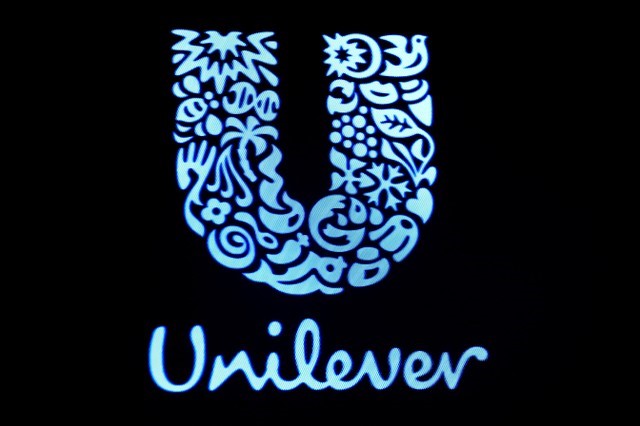By Claire Ruckin
LONDON (Reuters) - US private equity firm KKR’s (N:KKR) €6.83 billion (6.02 billion pounds) acquisition of Unilever’s (L:ULVR) margarine and spreads business will be backed with €5.65bn-equivalent of debt financing, banking sources said.
The maker of Knorr soup and Dove soap announced the deal in December, hours after Reuters reported that KKR had entered exclusive talks to buy the business after outbidding rivals.
Credit Suisse (SIX:CSGN), Deutsche Bank (DE:DBKGn) and KKR Capital Markets are expected to lead the debt financing, alongside a number of other banks that could include BNP Paribas (PA:BNPP), ING, Lloyds (LON:LLOY), RBC and UniCredit, although no banks have received a mandate as of yet, banking sources said.
The debt financing is expected to include a €3.9bn-equivalent term loan -- which will be mainly denominated in euros and will include some US dollars and Polish zloty -- as well as around €1.050bn of senior unsecured notes and a €700m revolving credit facility, the sources said.
The debt financing is expected to launch for syndication in the first half of February, the sources said.
The deal has been widely anticipated by debt investors, eager to invest in new paper in a jumbo event-driven financing.
“Unilever spreads is a resilient business that generates a lot of cash flow and that makes it very attractive from a debt perspective. There is a lot of liquidity out there and this is a hotly anticipated, must-do deal that funds will want exposure to,” a senior banker said.
The brands to be sold include Becel, Flora, Country Crock and Blue Band.
Unilever put the business up for sale in April 2017, following a review of its assets prompted by February's unsolicited US$143bn takeover attempt by Kraft Heinz.

KKR has a long history in the consumer sector and it has investments in India's Coffee Day Resorts and Chinese white goods maker Qingdao Haier. Last year, KKR bought a majority control of vitamin maker Nature's Bounty.